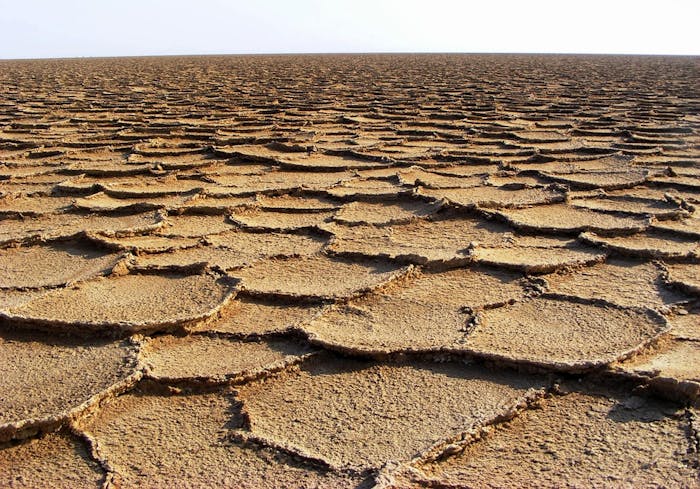
Sustainable Green Communities Are the New Wonders of the Desert
Planbureau voor de Leefomgeving
There could be a new perspective for the drylands if problems are tackled both in rural areas and in cities.
Better land and water management is needed in the drylands along with an eco-system based reconstruction programme which contributes to a more healthy earth. Successful approaches involve local communities and include innovative solutions such as delivering a higher yield (more crop per drop). Some 60 kilometres northeast of Cairo, the fair trade company SEKEM proves this is possible. In a period of 40 years (1987-2027), this entrepreneur, together with the local population, will have created a fertile green community on a 70 hectare piece of desert land. The land produces food on a sustainable basis.
There is a growing imbalance between the rural production of mostly traditional crops and the rapidly increasing urban need for modern agricultural products. The city as a so-called agro-hub can offer opportunities for Africa. The idea comes from the African Studies Centre of the University of Leiden, the Netherlands, and connects development in the countryside and the city. To offer enough agricultural products, the agro-hub needs to combine innovation, concentrated-but-sustainable farming and the development of new plants and methods.
The new horticultural environment produces food for the city and provides work and incomes for the local population. Improvements in water supply, water security, sanitary and food services ensure that people see a fulfilling future for themselves in the city. Setting up agro-hubs requires an integrated system approach including land and water management. By implementing a wide range of innovations, the gap between the development of the city and rural areas can be bridged.
![]() Planbureau voor de Leefomgeving
Planbureau voor de Leefomgeving

 16 Peace, Justice and Strong Institutions
16 Peace, Justice and Strong Institutions
 15 Life On Land
15 Life On Land
 10 Reduced Inequalities
10 Reduced Inequalities